| Category | Assessment | Subject | Management |
|---|---|---|---|
| University | Brimingham City University | Module Title | PHE7033 Leadership Skills and Project Management |
| Assessment Title | Summative Assessment: 3,000-word Essay |
|---|
| Assessment: | 1 |
| Category: | Individual Coursework |
| Submission Date: | Thursday, 15 August 2025 before 15:00 |
| Word Count: | 3000 |
| Semester: | 2 |
Written Essay, 3000 words and covers all 4 Learning Outcomes as outlined below:
Weight: 100%
Each student enrolled in this module is required to develop and submit a project management proposal primarily addressing a service improvement, resource development, policy change, capacity building or health improvement concerning leadership practical skills and competencies. This proposal will ultimately prepare the student within his/her study area to progress to undertaking a Project Management for an MSc Dissertation whilst providing practical change management and leadership skills to inform professional development.
You are asked to identify a Challenge that you will work on throughout the module toward the summative assessment. A Challenge is an event or situation in a workplace or a catchment area (e.g., community, borough, and constituency) that adversely affects service delivery, patient care, community health and wellbeing or the safety of a vulnerable population. Your Challenge should be derived from your discipline or area of study (Public Health). Your Challenge may be an event or situation in which you were/are involved, one that you witnessed, or one that you have not experienced but which is important to you. However, the scope of the selected Challenge must be clear and manageable: its catchment area should be local (e.g., workplace, community, borough, or constituency) rather than global (e.g., nation, country, the world). Consider this Challenge as something you may be working to address in your professional life after graduation.
Important note about confidentiality: this concerns students who will choose a challenge within their respective workplaces. It is critical NOT to divulge the name of the workplace, identify any of your colleagues or participants at work, or use any data that is not public. If you have any questions, please check with me and/or your line manager.
1. Introduction (10% - max. 250 words)
This section must present a general outline of the proposed project and set the scene for the whole project. It should include, but is not limited to, the following elements:
2. Project Initiation (25% - max. 800 words)
This is an important section in which you must define the scope of the project and build a business case demonstrating arguments and reasons for undertaking this project. This should include information on the following:
3. Project Planning & Feasibility (25% - max. 800 words)
This section calls for the development of a feasible and realistic action plan delineating the major activities, thus providing the project with a high probability of meeting its objective.
4. Project Implementation and Monitoring (15% - max. 450 words)
This section includes two major components to ensure an effective and efficient implementation of the project. However, because of this phase of the project management, which generally may take longer than the module’s duration, the expectation for this assignment is for you to demonstrate the skills and abilities needed by discussing your ideas and actions you intend to take. To this end, your ideas and actions should be around the following:
5. Project Evaluation (15% - max. 450 words)
This section calls for an assessment of whether the objectives were met, and the project was completed within the set schedule and resources. Similarly to the implementation and monitoring phase, the expectation for this section is to discuss methods and skills to evaluate aspects of the project, emphasising the following:
6. Conclusion (10% - max. 250 words)
Discuss how you will transfer the lessons learnt from the project to your role and position, and how you will use this learning experience to help develop others to manage projects more effectively. Also discuss the project’s transferability to other areas of relevant practice.
Submission Details
The module delivery includes five (5) formative assessments designed to equip you with skills and abilities to develop a strong proposal for service improvement, resource development, policy change, capacity building or health improvement as your summative assessment. Formative Assessments 2-5 cover the marking criteria for sections of the summative assessment (see 6 sections above). For Formative Assessments 2-5, you will have an opportunity to present your work during weekly collaborative sessions, and you will receive oral feedback from the tutor/s and your peers for improvement. If you complete each of these five (5) formatives assessments, you will be in a good position to integrate them into the body of your summative assessment. As the formative assessments provide an early draft of your summative assessment, it will be extremely critical for you to complete all the formative assessments and respond to feedback provided during the collaborative sessions. Additionally, there will be two (2) hybrids online and in person tutorials scheduled for all student wishing to attend and seek feedback on their assessment. One to one support will also be available and provided throughout the semester upon the request of students.
Hire Experts to solve PHE7033 Assignment before your Deadline
Pay & Buy Non Plagiarized Assignment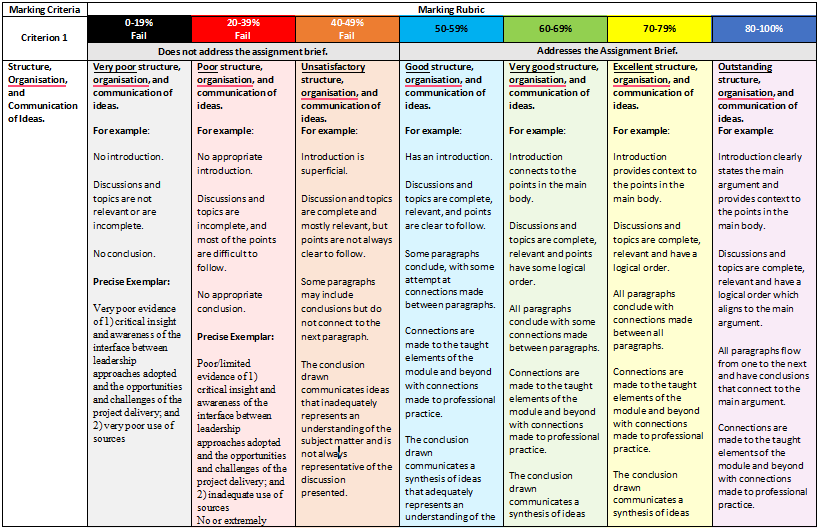
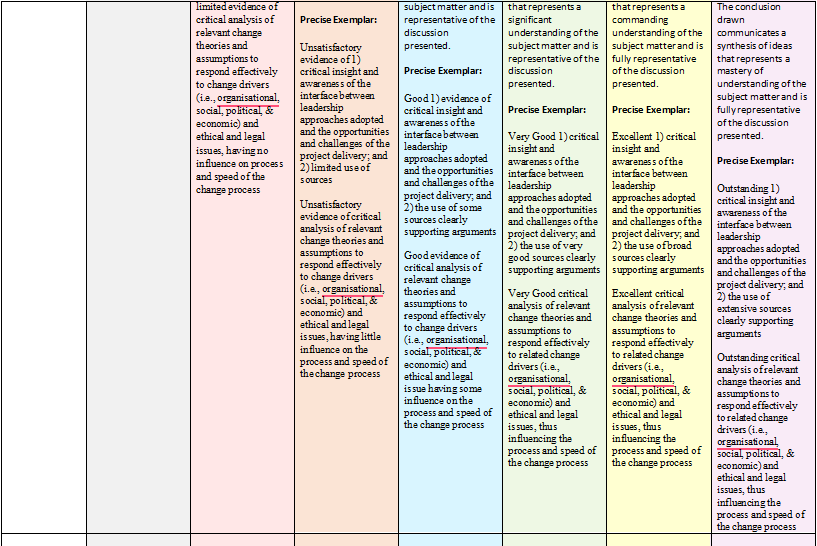
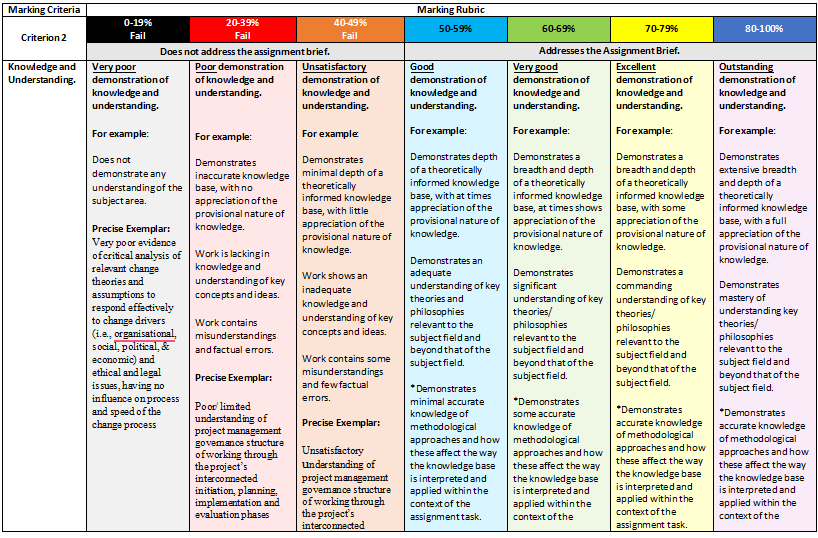
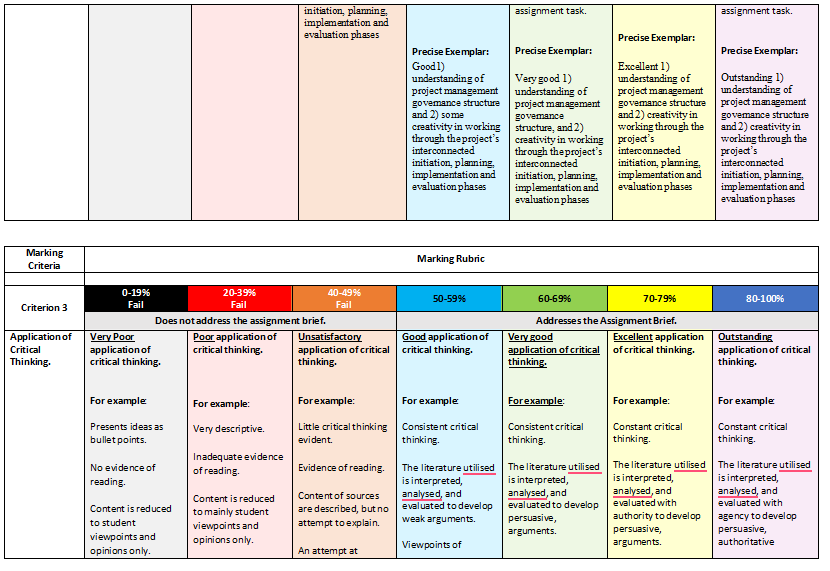
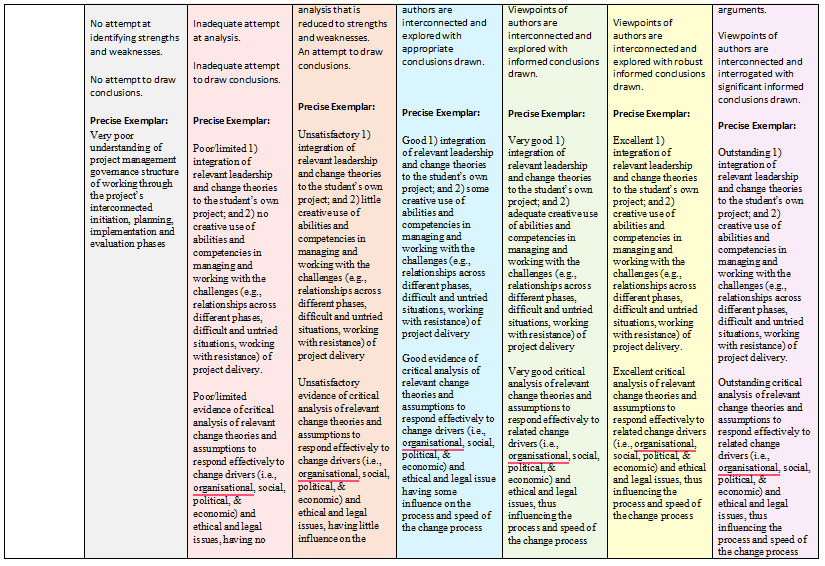
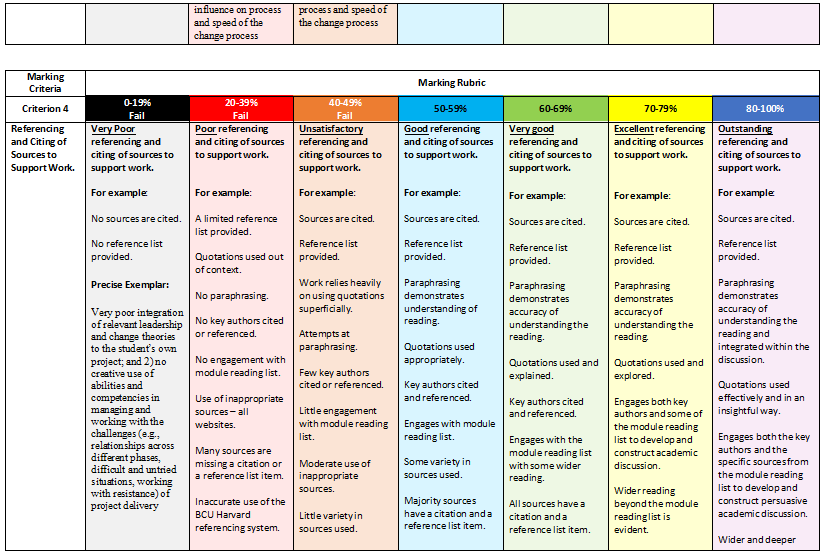
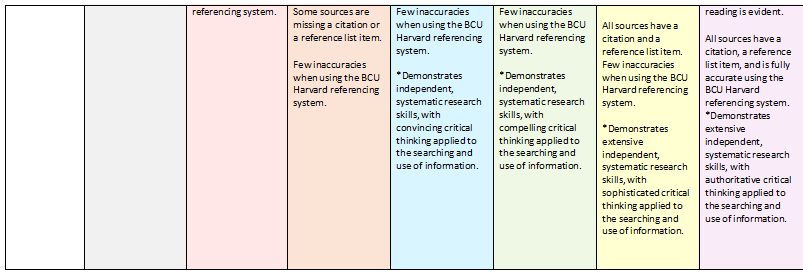
|
Learning Outcomes |
1. Critically appraise and examine theories, concepts and processes of leadership, with application to today’s challenges in an ever-changing health and healthcare environment. 2. Explore theories and types of change and explain the social, political and economic factors that may influence the process and speed of a pragmatic change, including key ethical and legal issues within the student’s area of study. 3. Demonstrate an understanding and rigorous application of skills, techniques and planning tools required in working through the steps and phases of project management. 4. Demonstrate abilities and competencies in creating appropriate and unique solutions while managing and working with the challenges of project delivery. |
|
Conditions of Progression
|
In order to achieve a pass mark for the module an overall grade of 50% must be achieved and all learning outcomes evidenced. In addition to a first attempt, there will be a second (final) attempt (all dates as above). |
|
Late or Non-Submission/ Attendance |
Assessments must be submitted in the format specified in the assessment task, by the deadline and to the submission point published on Moodle. Failure to submit by the published deadline will result in penalties which are set out in Section 6 of the Academic Regulations, available at: Please be aware that the penalties are different for re-submissions and ‘in-year retrievals’. For in-person assessments, you should arrive 15 minutes before your allocated time slot. Failure to present at your allocated time, will result in you being unable to sit the assessment and you will be recorded as a non-submission, resulting in a grade of 0. |
|
Word Count |
The word count for this module assessment is shown under the assessment task. A +10% margin of tolerance is applied, beyond which nothing further will be marked. Marks cannot be awarded for any learning outcomes addressed outside the word count. The word count refers to everything in the main body of the text (including headings, tables, citations, quotes, lists etc.). Everything before (i.e. abstract, acknowledgements, contents, executive summaries etc.) and after the main text (i.e. references, appendices) is not included in the word count limit. |
|
Academic Integrity Guidance |
Academic integrity is the attitude of approaching your academic work honestly, by completing your own original work, attributing, and acknowledging your sources when necessary. Understanding good academic practice in written and oral work is a key element of academic integrity. It is a positive aspect of joining an academic community, showing familiarity with, and acknowledging sources of evidence. The skills you require at higher education may differ from those learned elsewhere such as school or college. You will be required to follow specific academic conventions which include acknowledging the work of others through appropriate referencing and citation as explicitly as possible. If you include ideas or quotations which have not been appropriately acknowledged, this may be seen as plagiarism which is a form of academic misconduct. If you require support around referencing, please contact the Faculty’s Academic Development Department or the University wide Centre for Academic Success. It is important to recognise that seeking out learning around academic integrity will help reduce the risk of misconduct in your work. Skills such as paraphrasing, referencing and citation are integral to acting with integrity and you can develop and advance these key academic skills through the Faculty’s Academic Development Department. |
|
Academic Misconduct
|
Academic misconduct is conduct which has or may have the effect of providing you with an unfair advantage by relying on dishonest means to gain advantage and which therefore compromises your academic integrity. The procedure sets out the process we will follow, and the penalties we may apply, in cases where we believe you may have compromised your academic integrity by committing academic misconduct. The Academic Misconduct Procedure and information about academic support is available at: |
|
Turnitin |
To obtain a Turnitin scan before submitting your work to your department please visit the University's ‘Turnitin at BCU’ Moodle site. Work that is submitted and scanned through this service is not stored on the main Turnitin system and this is NOT your submitted work. |
|
Extenuating Circumstances |
For further details on the Extenuating Circumstances Procedure please see the iCity page below |
|
Where to get help |
The University has a designated student support service known as the Centre for Academic Success. Here you will find support for a range of academic skills. Likewise, you can arrange a consultation with a member of staff from the Academic Development Department based at City South Campus. You also should also review the wide range of support and help from the library. |
|
Resit Period |
Our aim is for all students to pass the module at first attempt. However, there are occasions where students fail a module are required to resit their assessment. The formal resit is on 9 January 2026. It is important that you are available during this time period, should you be required to resit an assessment. |
Achieve Higher Grades PHE7033 Assignment & Raise Your Grades
Order Non Plagiarized AssignmentGet expert assignment help for PHE7033 Leadership Skills and Project Management Assignment! We specialised in offering high-quality management assignment help, with an option for students to pay our experts to take on their assignment challenges. Need a reference? We also provide a free list of assignment samples to help you get started. With years of experience, our writers deliver 100% plagiarism-free content and offer unlimited revisions to meet your needs. Trust us to help you excel in your studies!
If you want to see the related solution of this brief then click here:-Leadership Skills
Hire Assignment Helper Today!
Let's Book Your Work with Our Expert and Get High-Quality Content
